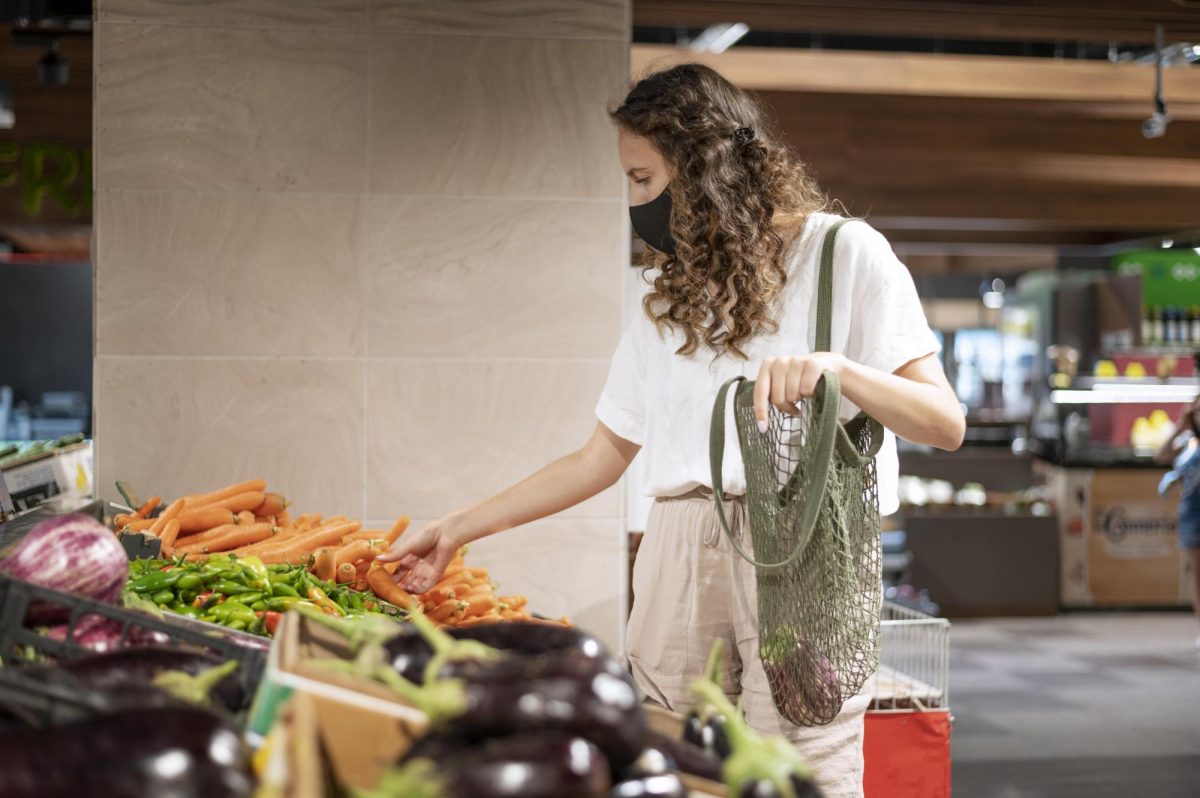One thing that makes me especially proud to be an American citizen is the British’s deep-cut hatred for us. The smallest complaint from the English has me ready to proudly defend my country.
Recently, there has been a rise in British folks coming to America and picking apart our grocery stores, examining the aisles from top to bottom, eagerly searching for something to complain about.
They then come to social media- mainly TikTok- to put together a slideshow of all their “interesting” findings. One British TikTok user entitled their video, “Things in an American grocery store that sent me into a coma as a Brit”.
The video featured “Gogo Squeez” applesauce pouches, ramen, bacon, “YoCrunch M&M’s” yogurt, toilet paper, and milk.
Captions on certain photographs said “found out today that American bacon looks odd,” and, “The sizes of their milk? Yikes,” or, “Why so much ramen? I would understand if it were authentic, but these aren’t”.
This is just one instance of the anomaly, and there are far more to choose from. This one specifically makes my blood boil. I cannot exactly pinpoint why; could it be the questioning of such an ordinary item like milk? Or the disgust aimed towards the “YoCrunch M&M’s” yogurt, which I quite enjoy?
As someone who has personally been to England, I find this new trend to be odd. I went into many grocery stores and the only difference I could pinpoint was the brand names. The selections were quite similar.
There are plenty of grocery stores to visit if you seek more healthy options. “Whole Foods” or “Sprouts” offer better sourced, organic products. The person who posted the video specifically sought out items that were not particularly healthy in a non-specialty grocery store.
In a world so full of problems, there is no need to cause arguments over the food we eat; there are worldwide issues of a much larger caliber at hand. People have different relationships with food, and videos like the one previously mentioned can potentially trigger those who have trouble with what they eat.
Food choices are deeply personal and can often be tied to many different things. Cultural, religious, or individual factors affect what preferences one has when it comes to their consumption. Criticizing someone’s diet can greatly undermine their autonomy and disrespect their background.
Also, dietary habits can vary widely due to availability, affordability, and nutritional education. What may seem unconventional or unappealing to one person could be a staple for another; what may not appeal to one’s palate can be a beloved comfort for another.
Rather than focusing on stereotypes or judgments, fostering an appreciation for cultural exchange and culinary experimentation enriches our understanding of global gastronomy and promotes mutual respect among nations.

